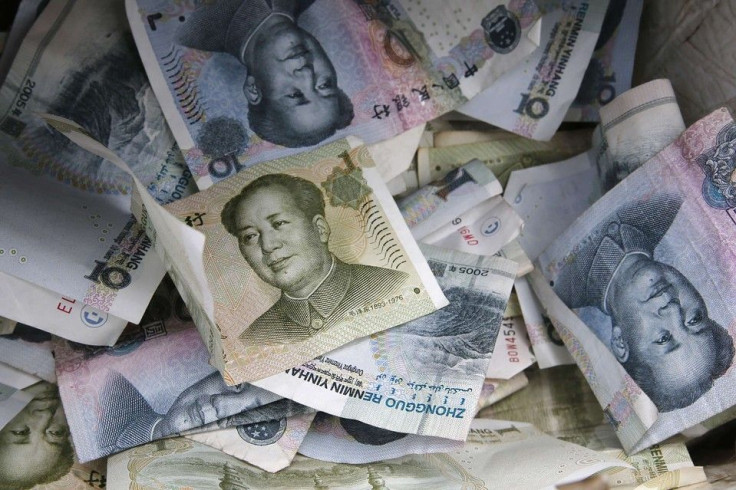China Merger Mania: New Plan To Get State-Owned Companies Off Government Reliance Will Come Out Soon

China’s state-owned companies have been put on notice: They need to become less reliant on government and more accountable to the markets. As the country faces the “new normal” of slower growth, China’s leaders are calling on state firms to act more like private companies and give up greater returns on investment.
Beijing will release guidelines in the coming months for restructuring and merging tens of thousands of state-owned enterprises, according to anonymous officials who spoke to the Wall Street Journal in a report published Wednesday. Li Jin, the deputy head of the China Enterprise Reform and Development Society, a trade group for state-owned companies, told the Journal the Xi Jinping administration wants to “crack a hard nut” by turning these companies into publicly traded companies that act more like traditional commercial operations that manage investments and are beholden to shareholders.
But one of the biggest concerns over the plan is that it rules out any major privatizations in the country’s important industrial sectors, like banking, energy and telecommunications, something market-reform advocates say is vital to making industry less reliant on government support.
State firms are expected to double the amount of profits they pay to the state, to 30 percent by 2020. China would like to see its largest firms go public five years after that.
Meanwhile, China unleashed a massive stimulus plan in 2009 in an effort to fight the effects of the global financial crisis that was tearing through global markets at the time. The result has been bloated local government debts.
Now, after years of hesitancy, the country’s finance ministry appears ready to address the 17.89 trillion yuan ($2.93 trillion) in local government debt incurred though years of borrowing to fund public projects. This debt represents over a third of the country’s gross domestic product.
As part of a series of debt-reduction efforts, China’s Ministry of Finance announced Monday that it would allow local governments to convert 1 trillion yuan of costly debt into low-yield government bonds. The move would lower the cost of financing debt, freeing up money to invest in economic growth.
By swapping 1 trillion yuan worth of high-interest debts for low-yield bonds, local governments will save tens of billions of yuan in annualized debt financing costs. Creditors to the local government financing vehicles stand to lose as they’re forced to trade their high-yield assets (loans to the state) for less lucrative bonds, which is why the finance ministry is allowing only a limited amount of debt to be converted into bonds, for now. Considering China’s new slower growth regime, local government will need all the money it can get.
© Copyright IBTimes 2025. All rights reserved.






















